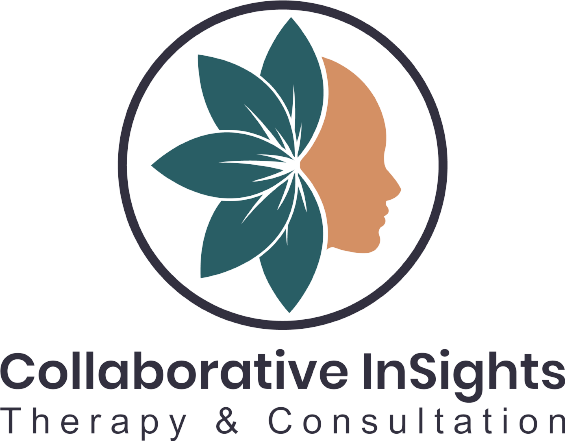Part 2: Motherhood by Numbers, Maternal Mental Health Statistics
As explored in Part 1 of this series on Motherhood and Mental Health, a mother’s journey through pregnancy, birth and postpartum is a profound transformation. Along with this transformation comes a lot of physical changes and emotional upheaval. We may wonder, what is “normal” to feel as we experience these intense changes. Common experiences of new mothers include: sadness, depression, increased irritability, anxiety, panic, trouble eating, difficulty sleeping, intrusive thoughts, difficulty bonding with baby and more.
Maternal health providers often focus on the physical aspects of pregnancy and birth. At prenatal appointments, physical metrics such as blood pressure, weight and measurements are taken. However, mental and emotional health are often overlooked. In fact, research shows that emotional complications, not physical, are the most common complication of childbirth. Emotional complications include birth trauma and mood changes such as anxiety and depression. Postpartum depression and anxiety are a common experience with a need for increased awareness and access to treatment.
Here I will outline data on what many new parents’ experiences. Of course we are more than a number but here are some statistics intended to help us feel less alone on our journey.
Pregnancy and Loss
- 10 to 15% of women experience a miscarriage (loss in the first 20 weeks of pregnancy)
- 1 in 100 women will experience stillbirth (loss after 20 weeks of pregnancy)
- 6% of pregnant women develop anxiety
- 10% of pregnant women experience depression
Postpartum
- 20% of Moms and 10% of Dads experience postpartum depression
- 38% of new mothers of color experience perinatal emotional complications like depression and anxiety. Women of color experience these complications at twice the rate of white women
- 10% of postpartum women develop anxiety
- 3-5% of new mothers and some new fathers will experience symptoms of obsessive-compulsive disorder (OCD) such as repetitive, intrusive images and thoughts
- 9% of women experience postpartum post-traumatic stress disorder (PTSD) following childbirth
Access to Care
- 60% of womxn of color do not receive any treatment or support services for perinatal emotional complications in part due to lack of insurance coverage, social and cultural stigma, logistical barriers to services, and lack of culturally appropriate care.
In general, new parents are likely to experience at least mild changes in mood before and after the arrival of a baby. While you may have good support in place, no one is immune to the difficult feelings that can accompany the milestone of becoming a parent or experiencing loss. People from every culture, race, age and income level can develop symptoms of perinatal disorders. When our mood begins to negatively impact our ability to function, it is a signal that we could benefit from additional support. Keep in mind, you do not need to wait until your feelings get worse. You know yourself best and deserve to get help at any stage of your pregnancy and postpartum journey.
Coming next:
Part 3 – Tips and Resources for the New Mom
Are you interested in learning more about our holistic and therapeutic mental health services? Contact Anna Marchese to schedule a free 15 minute consultation at annamarchese@collabintherapy.com!


